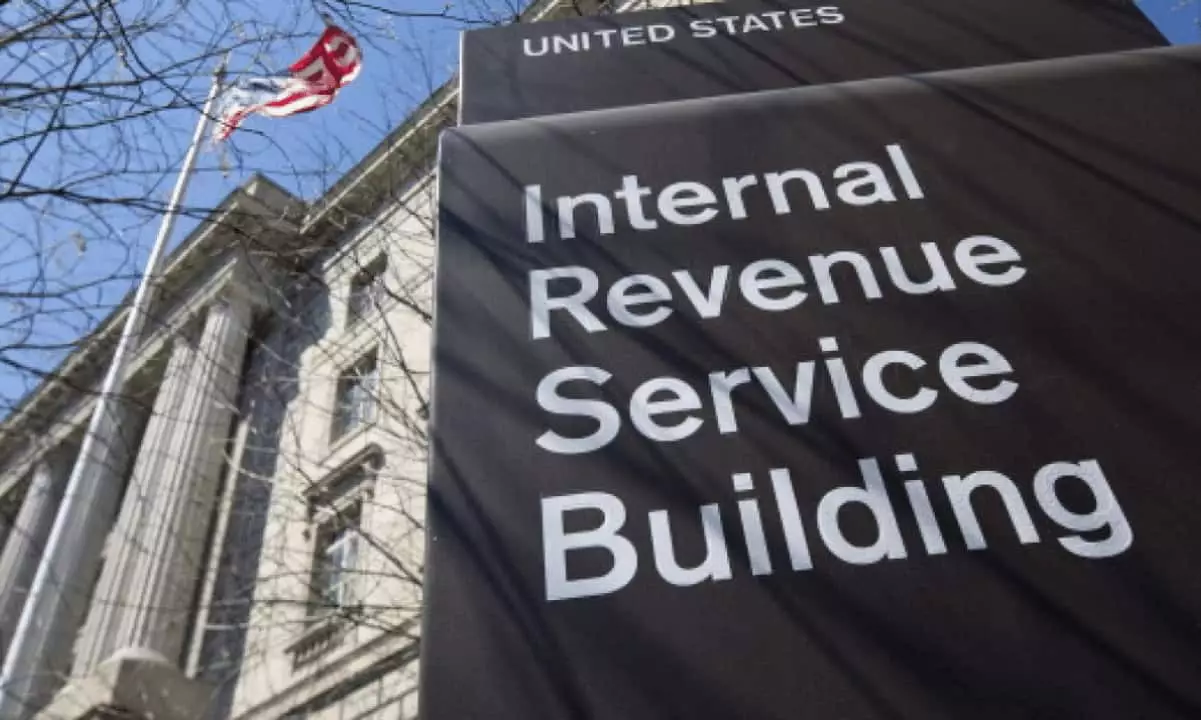As the realm of cryptocurrency continues to evolve, so too does the framework of regulations governing it. A prominent development emerged recently with the Internal Revenue Service (IRS) of the United States announcing a temporary relief measure for cryptocurrency holders utilizing centralized finance (CeFi) brokers. This initiative comes as a response to the impending Section 6045 custodial broker regulations slated to commence on January 1, 2025. The implications of these regulations are far-reaching, impacting how investors handle their tax obligations in a rapidly changing financial landscape.
The new requirements under Section 6045 specifically mandate that CeFi brokers provide detailed reports of cryptocurrency transactions while adhering to particular accounting methods for asset sales. This regulation has been met with considerable concern from the cryptocurrency community, highlighted by insights from Shehan Chandrasekera, the Head of Tax Strategy at CoinTracker. The necessity for brokers to document transactions accurately introduces a level of complexity that many investors may not be fully prepared to navigate.
Among the accounting methods outlined, the First In, First Out (FIFO) approach is the default option if a user does not select an alternative accounting method. FIFO prioritizes the earliest-acquired assets, which often means that the assets with the lowest cost basis are sold first. This becomes particularly problematic in bullish markets where asset prices are rising. In essence, investors could face inflated tax liabilities due to the sale of lower-cost assets rather than more favorable, higher-cost ones, hence increasing taxable gains and potentially creating significant tax burdens for investors.
Acknowledging the readiness issues surrounding the new regulations, particularly the lack of support for nuanced accounting methods from many CeFi brokers, the IRS introduced Notice 2025-7. This notice serves as a crucial temporary relief mechanism, enabling cryptocurrency holders to avoid being pigeonholed into the FIFO method during the year 2025. This strategic suspension allows taxpayers to utilize their own records or reputable crypto tax software to identify the assets being sold.
This level of flexibility is essential during a transitional period where users may need time to adapt to new compliance requirements. Importantly, this relief is an automatic provision, requiring no proactive measures from taxpayers, which alleviates some of the pressures surrounding a rapidly approaching regulatory deadline.
Despite the imminent relief, the landscape shifts once January 1, 2026, rolls around. By this date, cryptocurrency holders must select a preferred accounting method when dealing with their brokers; failure to do so will result in automatic default to FIFO. Anticipations are high regarding the functionalities of CeFi brokers by this time, with expectations of broader support for various accounting options that can ease compliance burdens.
Chandrasekera further advises investors to keep meticulous records and take advantage of reputable cryptocurrency tax software. This thoroughness is vital to ensure that chosen accounting methods are properly reflected in reports. Divergences in record-keeping could lead to adverse outcomes, such as an unintended adoption of FIFO sales that might amplify tax burdens unnecessarily.
Compounding the evolving regulatory environment, the IRS has also recently introduced broader broker reporting rules, prompted by the Infrastructure Investment and Jobs Act. This development is noteworthy, as it controversially extends broker definitions to encompass decentralized finance (DeFi) platforms, which has triggered substantial backlash from various quarters, including notable legal challenges from firms like A16z Crypto and the DeFi Education Fund. Critics argue such expansions flout established governance protocols and infringe upon authority limits set forth by the Treasury Department.
The crux of the matter remains the willingness and ability of both brokers and taxpayers to adapt to these changes. Navigating tax compliance in the evolving cryptocurrency domain requires foresight and prudence. Both investors and brokers must engage with the latest developments, ensuring they prepare adequately for the intricacies of new regulations while maintaining transparency and accuracy in reporting.
Although the IRS’s temporary relief presents a silver lining for taxpayers amidst a complex regulatory shift, it underscores the importance of preparation and adaptability. As 2025 approaches, the cryptocurrency community must prioritize proactive engagement with tax compliance and ensure meticulous record-keeping to weather the forthcoming changes effectively.


Leave a Reply